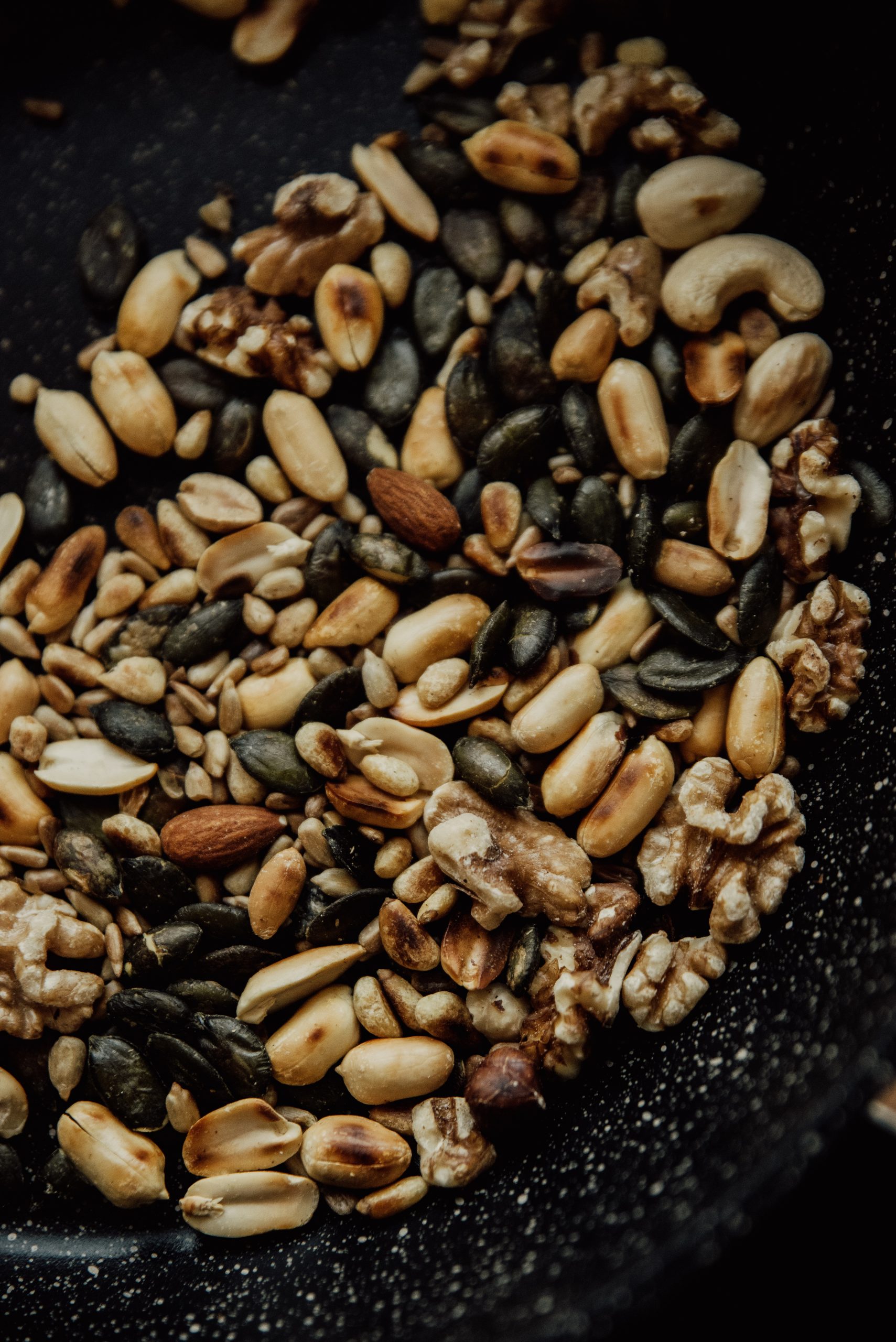Top 5 Plant-Based Protein Sources for Vegetarians and Vegans
If you’re a vegetarian or vegan, you might be concerned about getting enough protein in your diet. But fear not! There are plenty of plant-based protein sources that can meet your needs. Here are the top 5 plant-based protein sources for vegetarians and vegans:
Lentils: Lentils are an excellent source of protein, with around 18 grams per cup. They’re also high in fiber, iron, and other important nutrients. Lentils can be used in soups, stews, salads, and more.
Quinoa: Quinoa is a complete protein, meaning it contains all nine essential amino acids that your body needs to function properly. It has around 8 grams of protein per cup and is also high in fiber, iron, and magnesium.
Tofu: Tofu is made from soybeans, and is a great source of protein with around 10 grams per half cup. It’s also low in calories and fat, making it a healthy choice. Tofu can be used in stir-fries, salads, and other dishes.
Chickpeas: Chickpeas are a versatile protein source, with around 15 grams of protein per cup. They’re also high in fiber, iron, and other important nutrients. Chickpeas can be used in hummus, salads, and curries.
Nuts and seeds: Nuts and seeds are a great source of protein, as well as healthy fats and fiber. Some good options include almonds, walnuts, chia seeds, and hemp seeds. They can be used in smoothies, oatmeal, and salads.
By including these plant-based protein sources in your diet, you can ensure that you’re getting enough protein to meet your needs.
The Benefits of Plant-Based Protein Sources for Vegetarians and Vegans
Plant-based protein sources are not only good for vegetarians and vegans, but they also have many health benefits. Here are some of the benefits of plant-based protein sources:
Lower risk of chronic diseases: Plant-based diets have been linked to a lower risk of chronic diseases, such as heart disease, diabetes, and certain types of cancer. This is because plant-based diets are high in fiber, vitamins, and minerals, which can help prevent these diseases.
Improved digestion: Plant-based protein sources are high in fiber, which can help improve digestion and prevent constipation. Fiber also feeds the beneficial bacteria in your gut, which can improve your overall health.
Reduced inflammation: Plant-based diets have been shown to reduce inflammation in the body, which is linked to many chronic diseases. This is because plant-based diets are high in antioxidants, which can help fight inflammation.
Better weight management: Plant-based diets are often lower in calories and higher in fiber than animal-based diets, which can help with weight management. Plant-based protein sources can also help you feel fuller for longer, which can prevent overeating.
Sustainable and ethical: Plant-based diets are more sustainable and ethical than animal-based diets, as they require fewer resources and cause less harm to animals and the environment.
By incorporating plant-based protein sources into your diet, you can reap these health benefits and help the planet at the same time.
How to Incorporate Plant-Based Protein Sources into Your Diet
If you’re new to vegetarian or vegan diets, you might be wondering how to incorporate plant-based protein sources into your diet. Here are some tips:
Start small: You don’t need to switch to a completely plant-based diet overnight. Start by incorporating one or two plant-based protein sources into your meals, and gradually increase as you feel comfortable.
Experiment with new recipes: Try out new recipes that feature plant-based protein sources, such as lentil soups, quinoa salads, and tofu stir-fries. There are plenty of online resources and cookbooks available for inspiration.
Combine protein sources: You don’t need to rely on just one source of protein in a meal. Combining different sources, such as beans and rice or tofu and vegetables, can provide a complete amino acid profile and ensure you’re getting all the necessary nutrients.
Snack on nuts and seeds: Nuts and seeds are a great snack option and can help you meet your daily protein needs. Keep a bag of almonds or pumpkin seeds at your desk or in your bag for a quick and healthy snack.
Consider protein supplements: If you’re struggling to get enough protein through your diet alone, consider adding a protein supplement such as pea protein powder or soy protein powder to your smoothies or meals.
Incorporating plant-based protein sources into your diet doesn’t have to be difficult or overwhelming. With some planning and creativity, you can enjoy delicious and nutritious plant-based meals that meet your protein needs.


